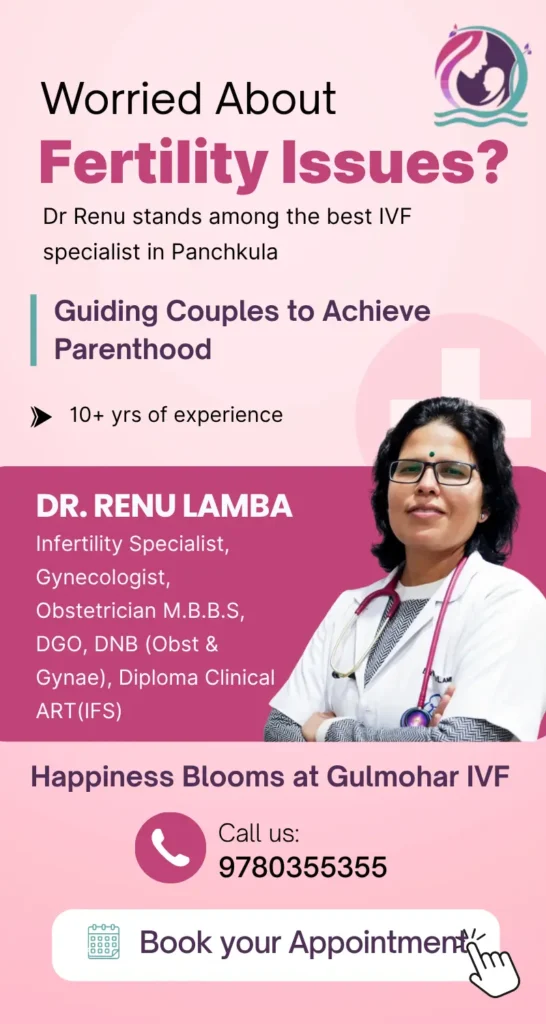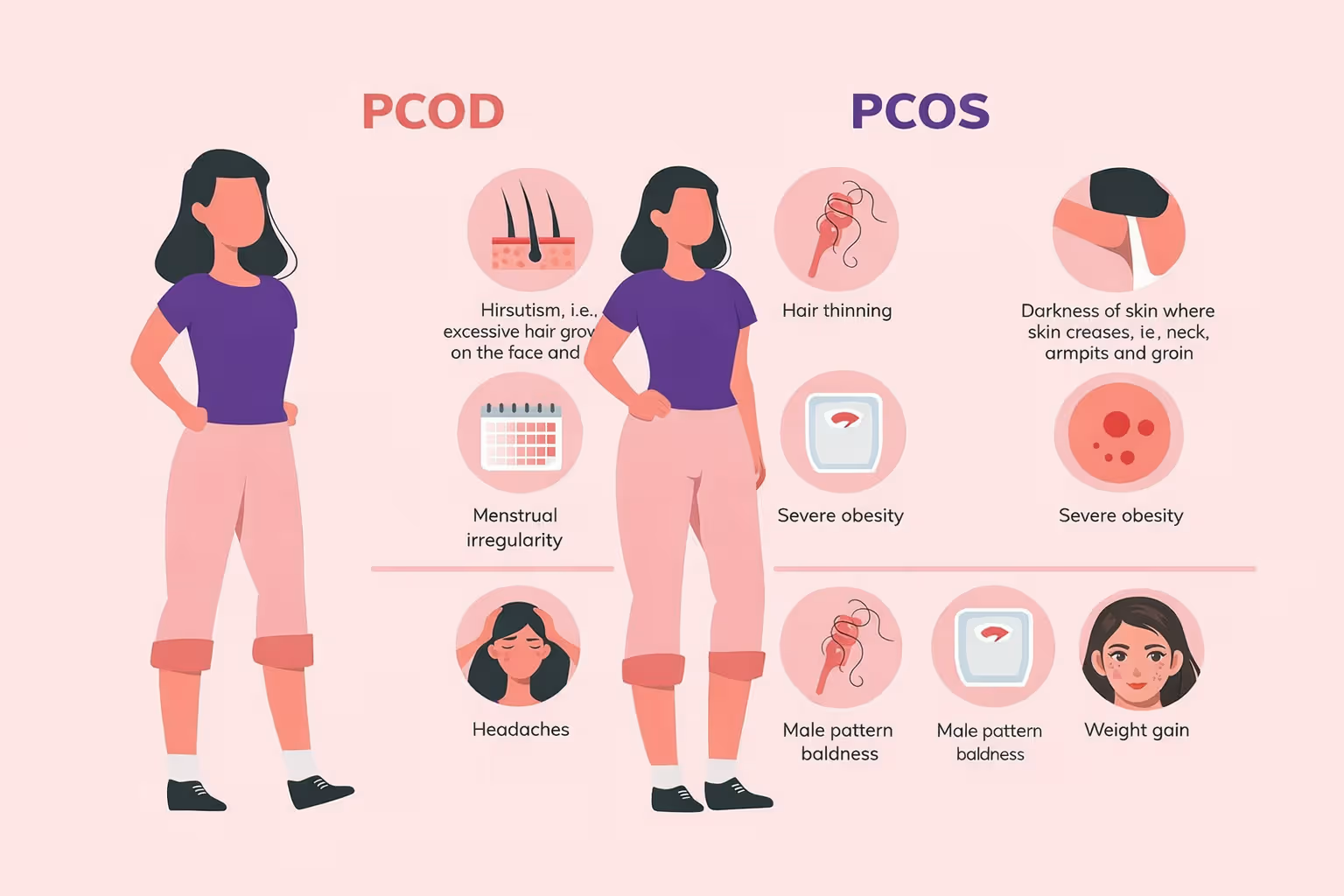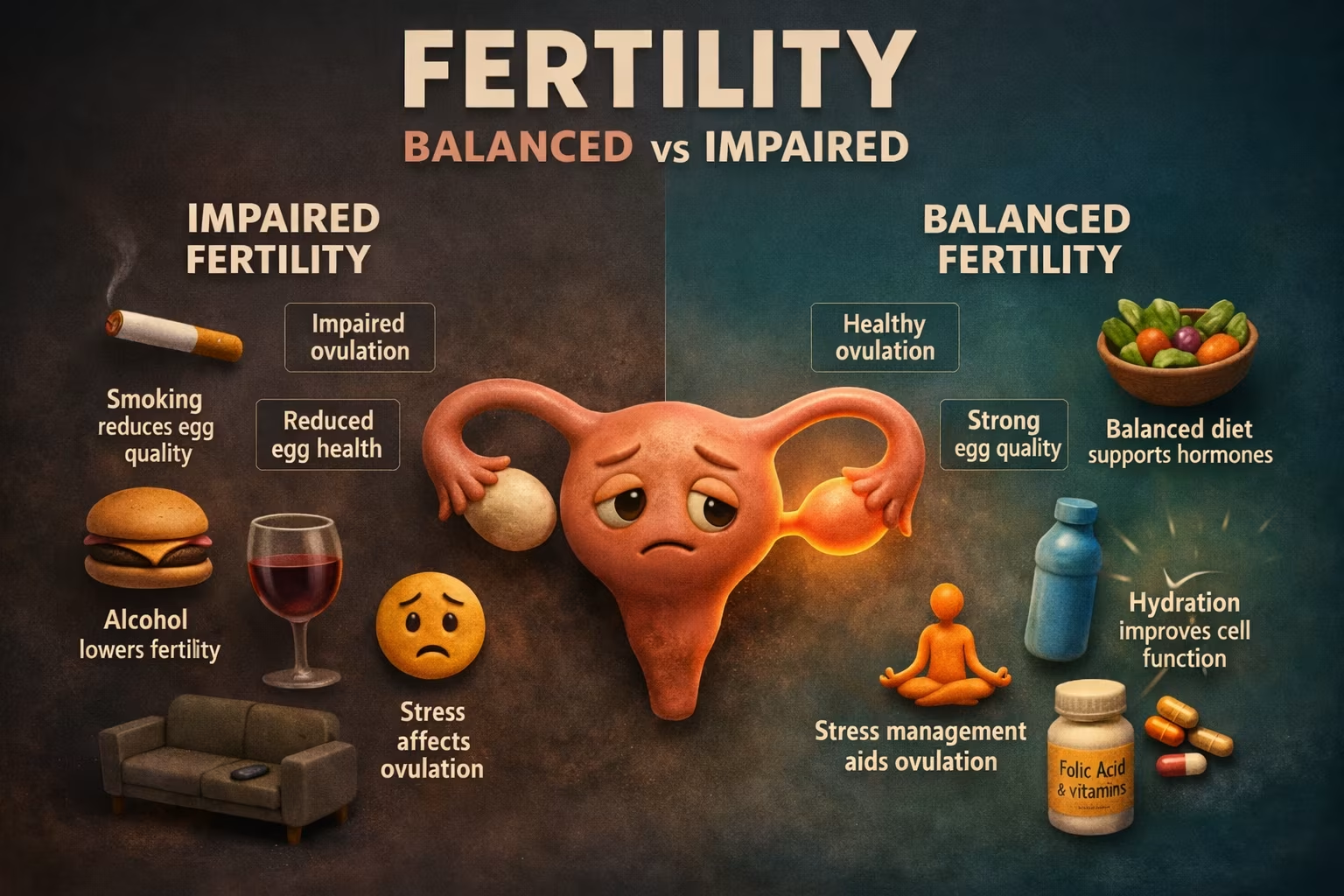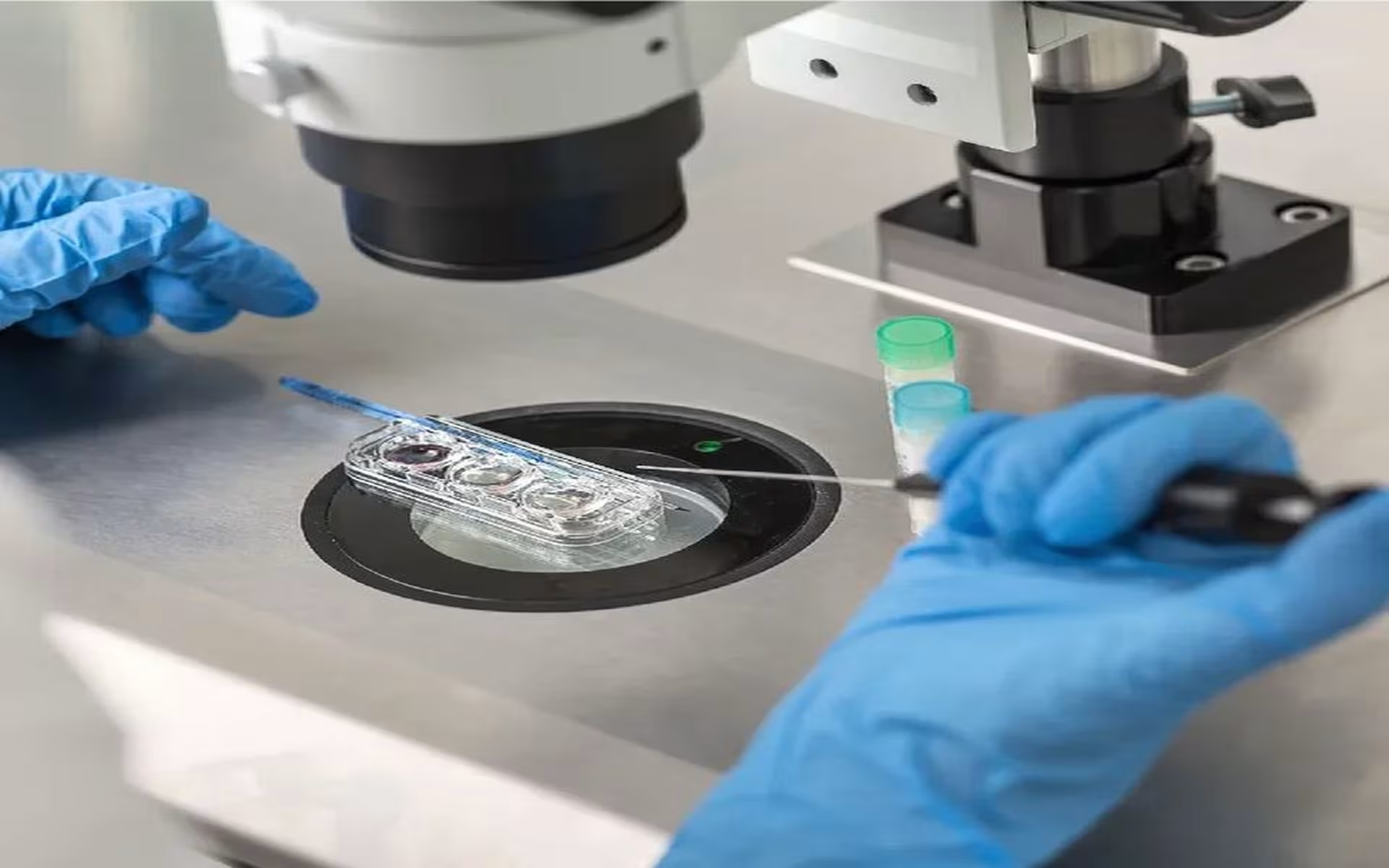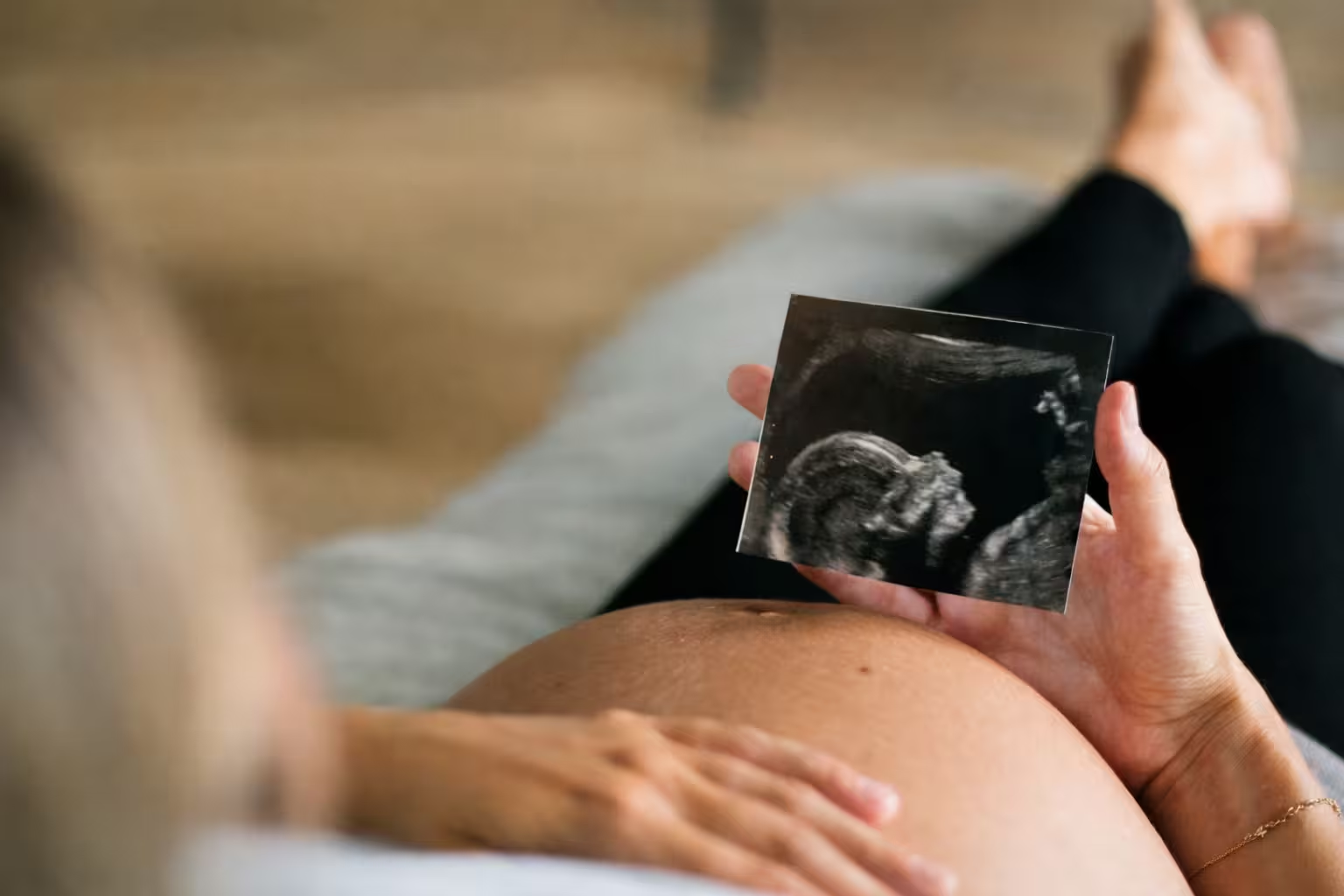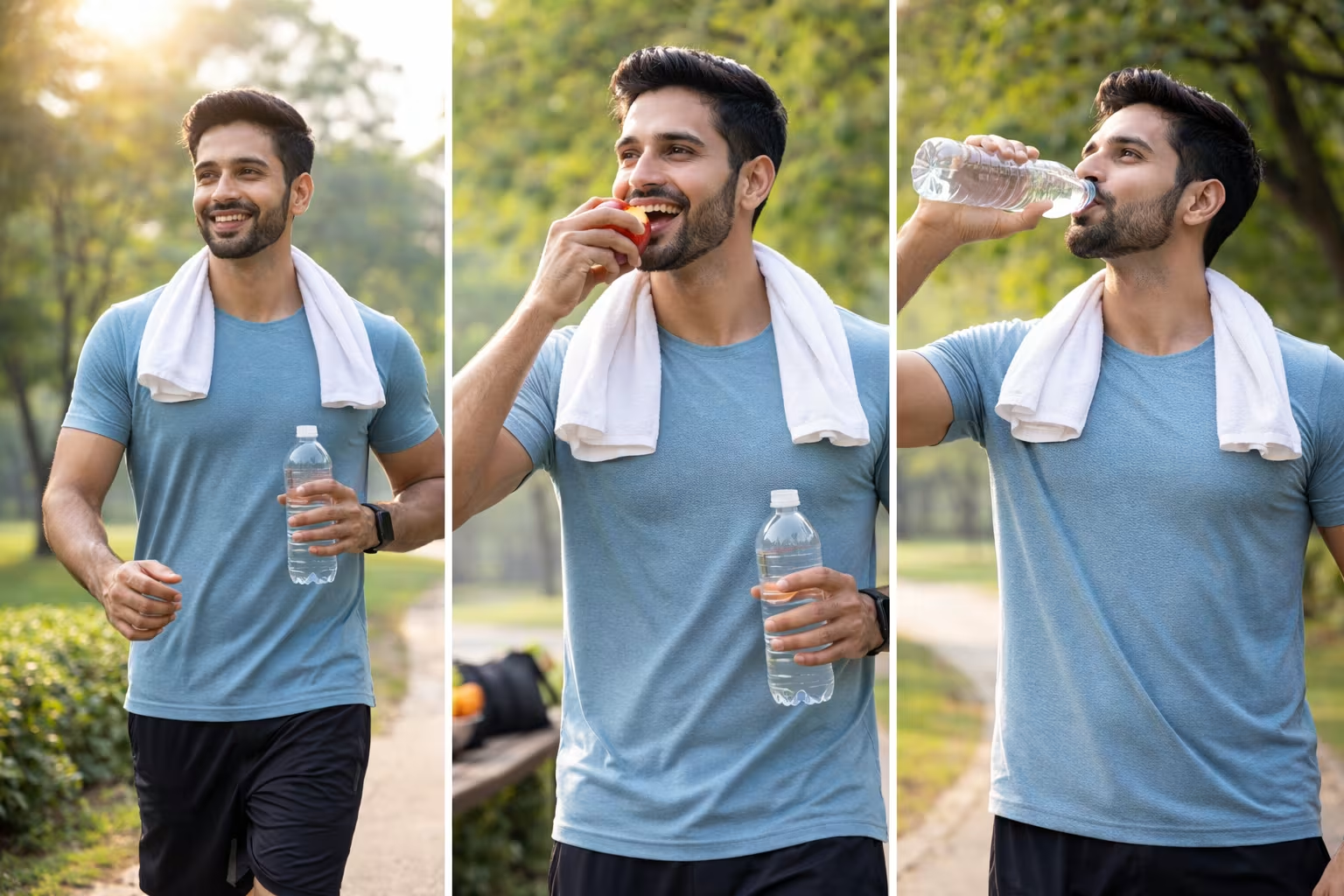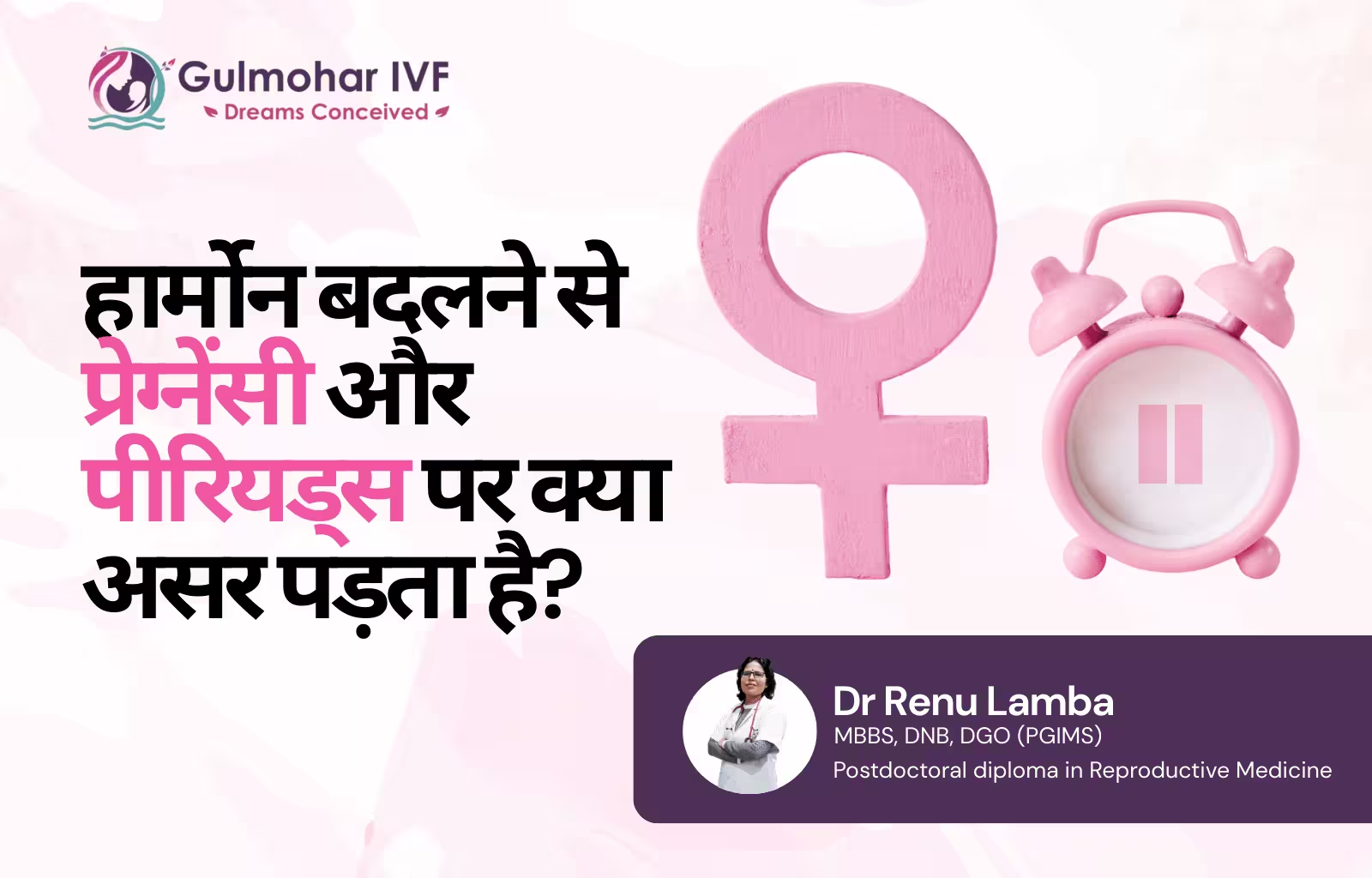Dreaming of a baby and wondering if an IVF diet Panchkula plan can truly make a difference? Research now shows that what we put on our thalis can influence egg health, sperm quality, and even embryo implantation. In the next few minutes, we’ll walk you through a science-backed, Panchkula-flavoured nutrition roadmap that could raise your chances of bringing home a healthy bundle of joy.
“Every bite is a tiny vote for your future baby’s health.”
Why Diet Matters Before and During IVF
Fertility clinics worldwide report higher success among couples who adopt balanced, antioxidant-rich meal patterns three months before treatment. A Mediterranean-style pattern is consistently associated with better IVF outcomes, as explained in our guide to fertility foods. Antioxidants reduce oxidative stress in eggs and sperm, while key vitamins support embryo development.
IVF Diet Panchkula: Key Nutrients That Power Fertility
Folate & B-complex
Leafy saag, chana, and fortified atta support cell division and reduce neural-tube defects. High folate intake is linked to better ovarian reserve. Learn more in our fertility foods explainer.
Omega-3 Fatty Acids
Walnut, flaxseed chutney, and weekly grilled Rohu fish improve embryo quality and hormone balance. See more omega-3 sources in our nutrition guide.
Antioxidant-Rich Produce
Pomegranate, jamun, and colourful capsicum fight oxidative stress that can damage DNA in gametes. Check our antioxidant checklist.
Plant Proteins
Rajma-chawal (go easy on ghee), sprouts, and tofu help keep insulin steady—important for PCOS-related infertility.
Whole Grains
Rotis made with mixed millet (bajra, jowar) supply slow carbs that protect hormonal harmony. Explore more lifestyle choices that impact IVF success.
“Food is not just fuel; it is reproductive medicine.”
Panchkula Fertility Plate: Local Foods to Embrace
- Morning: Besan cheela with methi leaves and ajwain—rich in iron and phytoestrogens.
- Lunch: Sarson-ka-saag with makki di roti, topped with a teaspoon of cold-pressed mustard oil instead of butter.
- Snack: Handful of roasted chana and gur to stabilise blood sugar.
- Dinner: Brown-rice khichdi with mixed lentils, carrots, and bottle-gourd (lauki) for easy digestion.
Foods to Limit or Avoid
- Ultra-processed snacks: Packaged namkeens and sugary bakery items spike insulin and promote inflammation. See lifestyle swaps here.
- Excess caffeine: Limit chai/coffee to 200 mg per day (≈2 cups) to avoid reduced implantation odds. Covered in IVF FAQs.
- Alcohol & smoking: Both linked to poorer embryo quality and higher miscarriage risk. Read more in our lifestyle guide.
- High-mercury fish: Avoid shark and king mackerel; choose Rohu or Catla instead. See fertility-friendly seafood tips.
IVF Diet Panchkula: 7-Day Meal Plan at a Glance
| Day | Breakfast | Lunch | Snack | Dinner |
|---|---|---|---|---|
| Mon | Veg daliya + fruit | Multigrain roti + palak paneer | Nariyal pani + nuts | Grilled fish + quinoa salad |
| Tue | Idli-sambar | Brown rice, rajma | Sprout bhel | Moong dal khichdi + curd |
| Wed | Overnight oats with berries | Bajra roti + bhindi | Papaya cubes | Paneer tikka + millet salad |
| Thu | Besan cheela + mint chutney | Lemon rice + mixed veg | Roasted makhana | Chicken stew + veg soup |
| Fri | Sattu drink + banana | Quinoa pulao + chole | Buttermilk + peanuts | Mixed dal dosa + tomato chutney |
| Sat | Poha with peanuts | Whole-wheat pasta + veggies | Pomegranate seeds | Rohu curry + red-rice |
| Sun | Fruit-nut smoothie | Kaali dal + jeera rice | Cucumber sticks + hummus | Stir-fried tofu + brown-rice |
“Planning 90 meals is easier than facing repeated cycles.”
Couples’ Nutrition: Synchronising Husband and Wife
Male factor infertility contributes to nearly 40% of IVF cases. Encourage the partner to follow the same IVF diet Panchkula routine—swap daily evening pakoras for fruit chaat, add pumpkin seeds for zinc, and include turmeric-ginger milk to lower inflammation. A focused guide on improving sperm health is here. Shared meal prep becomes a bonding ritual and reduces stress hormones that can hurt fertilisation. See more stress-coping tools here.
Supplements and Safety: What the Evidence Says
- Prenatal vitamins with 400 µg folic acid: universally recommended; start at least 90 days pre-IVF. Covered in IVF FAQs.
- CoQ10 (100–200 mg): may improve mitochondrial energy in eggs. See hormone guide.
- Omega-3 capsules (500–1000 mg): helpful if you can’t eat fish twice weekly. Alternatives listed here.
- Vitamin D: maintaining healthy levels may support implantation. Learn more here.
Putting It All Together: Your 90-Day Nutrition Roadmap
- Consult: Meet Gulmohar IVF’s nutritionist to customise macros for your BMI and lab values. Explore our services.
- Prep pantry: Replace maida, refined oils, and sugary syrups with atta mix, cold-pressed mustard oil, and jaggery.
- Batch-cook: Freeze dal bases and millet rotis for busy clinic days.
- Track: Use a free Hindi-friendly app to log water, fibre, and omega-3 intake.
- Review: Re-assess micronutrient labs every month and adjust supplements accordingly.
For more guidance, explore our posts on IVF success factors and advances in IVF technology.
Bottom line: Start your IVF diet Panchkula journey at least three months before stimulation, eat local seasonal produce, cut ultra-processed foods, and stay consistent.
Book a private consultation with Dr. Renu Lamba at Gulmohar IVF or connect with our team.
Disclaimer: This article is for educational purposes only. Please consult a qualified fertility specialist for diagnosis and treatment options.



